I love a little old fashioned truth telling. Raised in the South, truth, especially about other people, is a way of life. We have sayings for everything (and everyone) under the sun, and trust me: if you hear the words, “Bless your heart”, you best believe you are not receiving a blessing.
From my own struggles with addiction, eating disorders, dysfunctional relationships and more, I learned to tell the truth about myself, and I’ve discovered the more connected I am to my own story, the less time I have to judge and gossip about others. Getting comfortable with our own brokenness allows us to grow in empathy, and we begin to see the world through a much needed lens of compassion.
Truth disrupts the status quo and levels the playing field; grace builds a bridge and creates opportunities for trust and transformation. Truth tellers call us higher and make us mindful, conscious people who care about the greater good. Love it or hate it, we need the people who will say what needs to be said and do what needs to be done.
People like you.
Because there is something in you this world needs. You matter. You count. And we need your voice, your effort, your contribution. We aren’t the same without you! It’s time to own your story. Tell it like it is, and live your life with some gumption.
Here’s a few quick tips on rising in the good old-fashioned practice of truth-telling.
#1 Take off the mask.
I had a PhD in pretending, sometimes dying inside, a smile plastered to my face. Friend, now that I’m on the other side of freedom, I am too old and too annoyed to ever put that mask on again. If we’re hurting, we’ve got to say so. If our relationships are destructive, we’ve got to admit it. If something is killing us, we need to get help. If the larger system we’re a part of is destroying others, it’s time to speak up. Honesty about your life and story is a beautiful place to start.
#2 Integrity over image.
Part of the reason we don’t tell the truth is because we are terrified about what others will think, so we craft an image so that people will think what we want them to think about us. We wonder, will they still like me if they really know me? What will I lose in this relationship if I am honest? What if they see that I’m not perfect. Newsflash: they already know. No one on Earth is exempt from issues, problems or pain, and not a single person is character flaw free. So choose integrity over image.
#3 Keep it personal.
As we own our past and live in our present, it can be tempting to share parts of our story in a way that dishonors others. Through recovery, I learned how to use “I statements,” shifting from blaming and shaming to a posture of sharing my own experience. For example, “An important family member in my life made choices out of their own pain, that were very hurtful to me. In their silence and negative language, I felt as if my voice didn’t matter, and that I’d do better not to be honest.”
At the same time, Anne Lamott says, “You own everything that happened to you. Tell your stories. If people wanted you to write warmly about them, they should have behaved better.” So yes, be honest, and to the best of your ability, keep it about you. As we grow in wholeness, we learn to tell the truth about us, not just about others.
#3 Don’t get stuck in the telling.
It’s not enough to know the truth; what are we going to do with the truth? There comes a time when our telling has to be matched with our doing.
Shouting on social media about making a difference is not the same as actually making a difference. Feeling all the feels and telling all the things is not the same as pursuing healing and recovery. It takes work to be whole, time and effort to live in mutual, authentic relationships with others. Our walk must reinforce our talk; character and consistency is vital to truth-telling.
#4 People are part of the process.
Yes, even the ones who annoy the crap out of you, because people help us become a better version of ourselves. (Except the ones who don’t, so sometimes a goodbye is necessary.) Endings and transitions are not bad – it’s okay to move on, to change, to grow. That’s part of life.
In the digital age, we are more connected than ever, but at the same time, we are suffering from loneliness and isolation at an all-time high. We must remember that we need each other. God designed us to be with Him and with others – not codependent, not independent, but interdependent. In the context of healthy, safe relationships, even suffering can become a gift, and the wonderful seasons of life can become more meaningful. We do our best healing, loving, serving and working when we do it with other like-minded, and different, individuals, who stretch us, encourage us and help us move forward.
#5 Don’t give up.
It’s hard out here for the humans, okay? We have need of persistence, perseverance and gumption. And in the midst of refugee crises, global economic instability, racial tensions, gender inequality, mass incarceration, human trafficking and more, we must discipline ourselves to look into the light of hope with courage. We are not helpless. We are not hopeless. We are the bridge builders, grace givers, freedom fighters, healers and truth tellers. Don’t give up. We need you now more than ever.
Now, carry on warrior, and bless your little heart. (Except, I really mean it.)
Enjoyed it? Share it!
Ashley Abercrombie
Ashley Abercrombie is a writer and speaker, and her first book, Rise of the Truth Teller: Own Your Story, Tell it Like it is and Live with Holy Gumption is available now, wherever books are sold. She is cohost of the hilarious and helpful podcast Why Tho, and can be found wherever there is coffee or a cheese board. Ashley lives in Manhattan with her husband and two sons. Purchase her book, read and watch content, and say hello over on her website: www.ashabercrombie.org.
But wait, there's more...








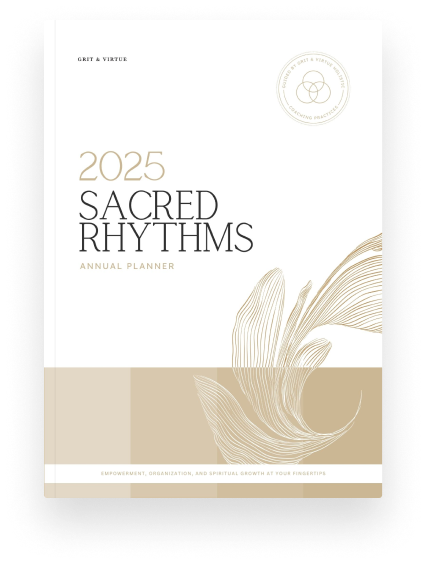



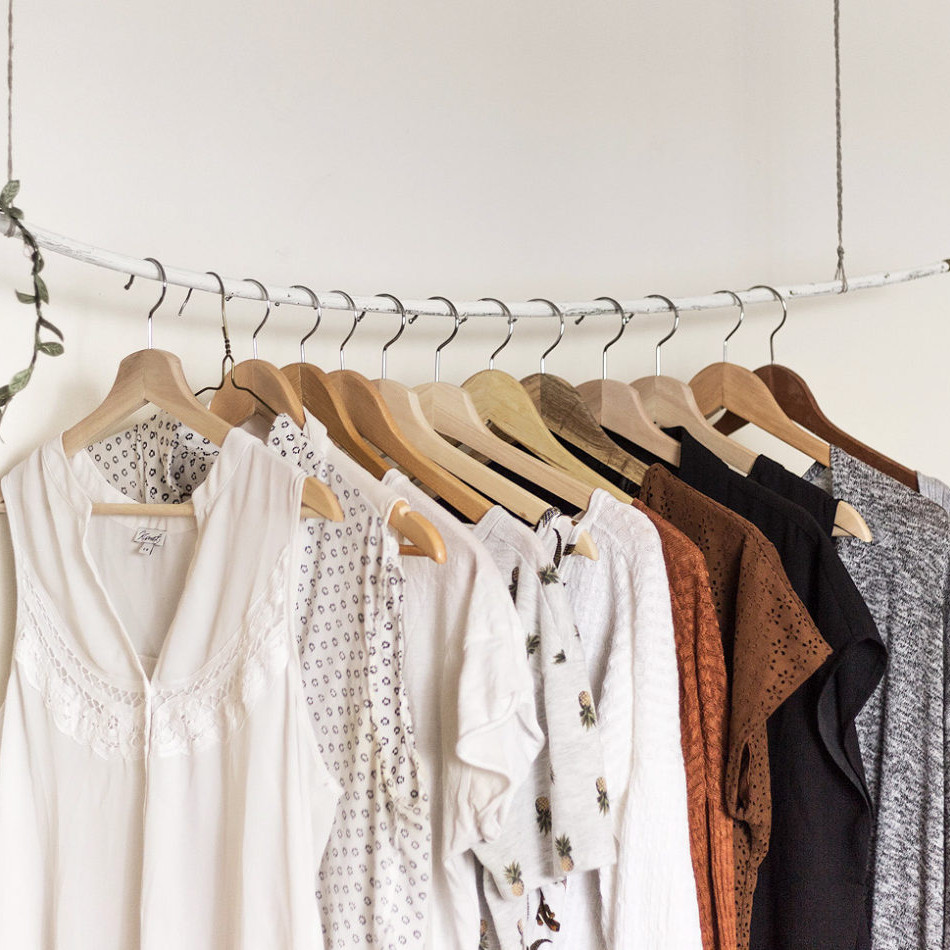
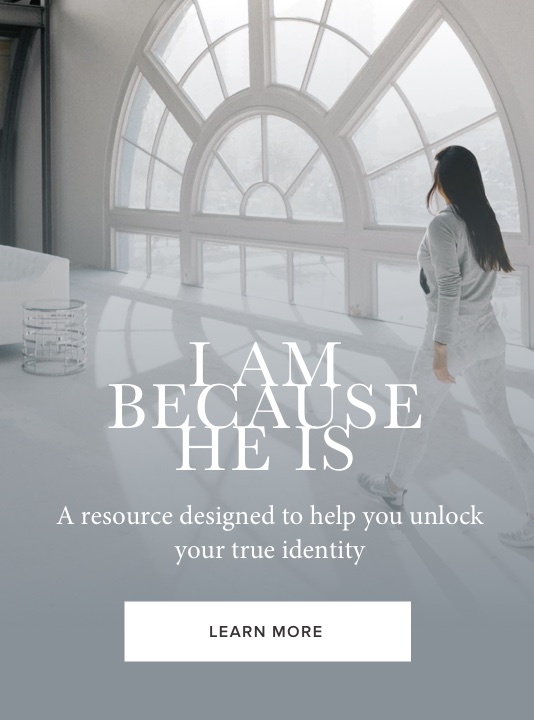
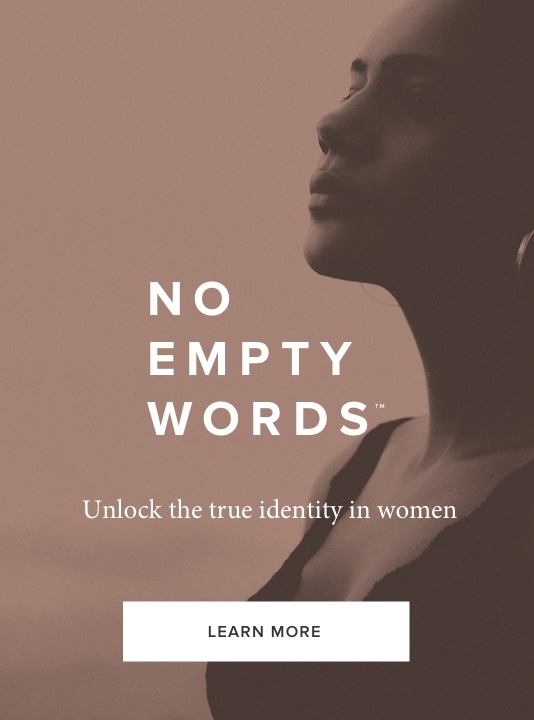


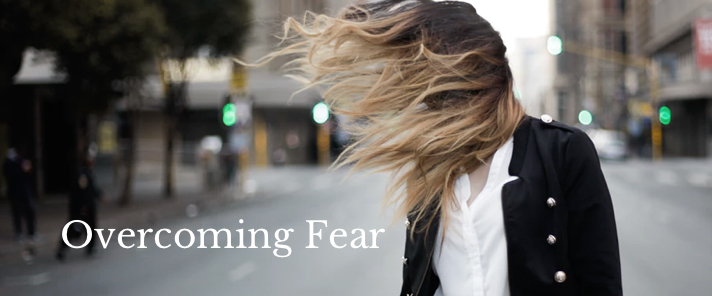
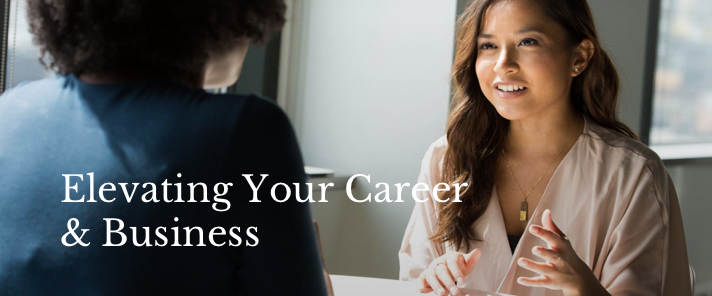
Can eating disorders be achieved or sustainable outside of nations of white supremacy. Seems extremely unfeasible.